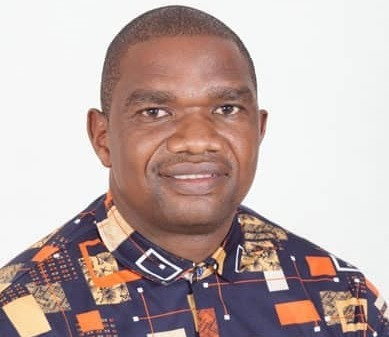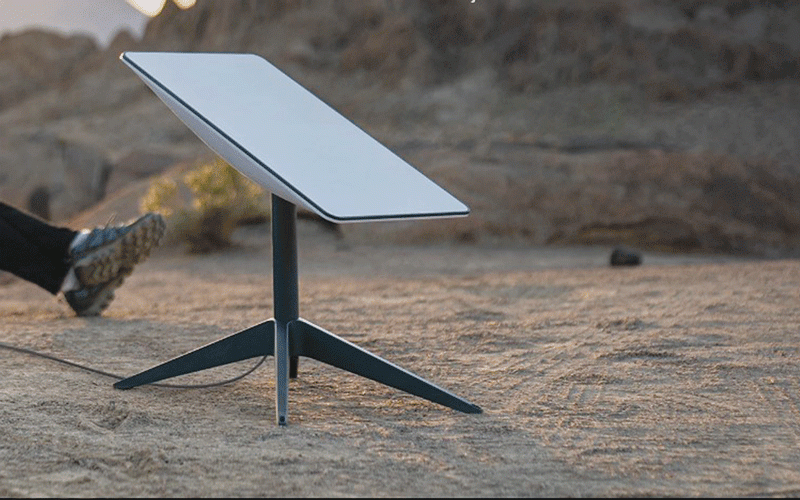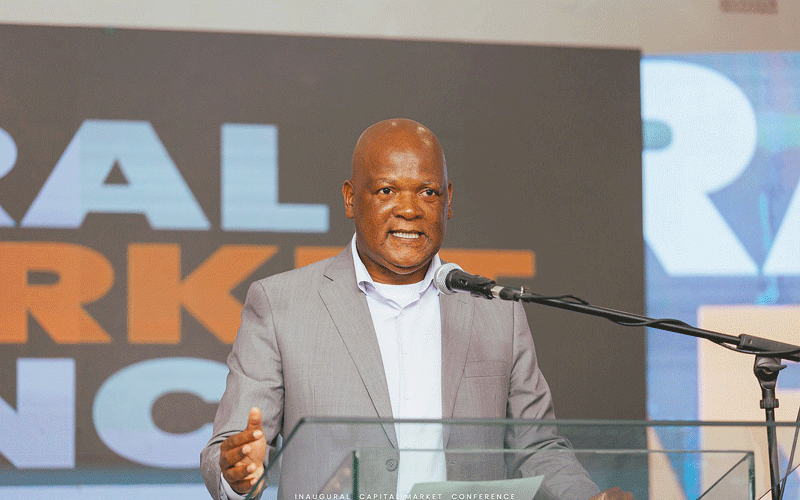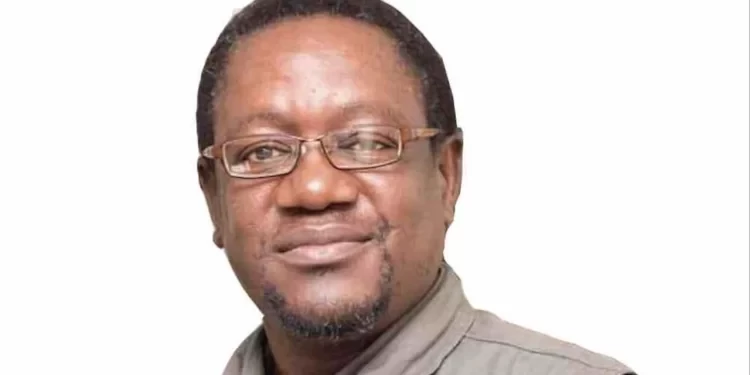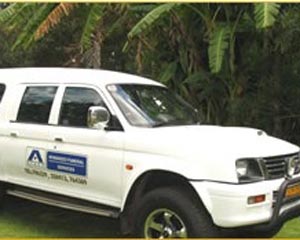
NYARADZO CEO Philip Mataranyika is of the firm view that contracts, whether verbal or written, are sacred in any field.
In an interview, Mataranyika said despite the harsh economic environment, which is adversely impacting the business, Nyaradzo will not suffer the same pain they endured during the 2008 hyperinflation period where their contributions were wiped out. Below is the interview.
Question: You last gave an interview in April this year. In that question and answer, apart from reminiscing about Nyaradzo’s 18th anniversary, you hinted to an adjustment in premiums around June/July. Was this an idle threat?
Answer: It wasn’t a threat, I was just being realistic. I am sure if you have been following developments within our industry, you might have noticed that this has since come to pass.
Effective 1 June, 2019 our premiums went up by 100% which — by the way — was a managed increase and far below the actual cost of providing the service which, at the time, had gone up by more than 5 300% due to a wave of price hikes experienced in the months preceding the adjustment.
It is, however, important to point out that in order to continue offering the same standard of quality service, premium adjustments became inevitable.
Q: By not increasing premiums in June by margins that matched the increase in costs incurred by the business, were you not in breach of your fiduciary responsibility to your shareholders?
A: Not at all. Our fiduciary responsibility is not confined to shareholders alone, it extends to communities within which we operate and our customers, without whom we would not have a business to talk about. It would have been irresponsible on our part — as an organisation — to pass the full cost to our clients without sharing the burden with them through absorbing some of the costs and seeking out innovative ways to improve our operational efficiencies. We have the full support of our shareholders on that.
- Chamisa under fire over US$120K donation
- Mavhunga puts DeMbare into Chibuku quarterfinals
- Pension funds bet on Cabora Bassa oilfields
- Councils defy govt fire tender directive
Keep Reading
Q: After the June 1, 2019 premium increase, I take it that we should not expect any further adjustment in the foreseeable future?
A: I would be lying to you if I am to make such an impractical undertaking in this hyperinflationary environment.
A lot has changed since June 2019, when we effected the premiums increase, petrol and diesel were retailing at Z$4,97 and Z$4,89 respectively. Fast-forward to today, the cost is now Z$9,86 and Z$10,25 respectively.
Given the size of our fleet of buses, hearses and other service vehicles, the burden on the business is obviously heavy.
The cost of electricity has also gone up, with tariffs for businesses such as ours, which are classified as non-exporters, increasing from an average of ZWL9,86 cents per kilowatt-hour (kWh) to ZWL 45 cents/kWh.
The continued increase in the interbank rate has also meant that the cost at which we access foreign currency to import spares, chemicals and other consumables has spiked, putting increased pressure on the business.
Add the increase in the cost of utilities and salaries as determined by the National Employment Council for the Funeral Industry, one can get a clearer picture of the impact on the industry.
Q: This sounds scary, so where to from here?
A: We are in constant communication with our stakeholders, especially our valued customers, to bring them up to speed with these and other developments. From our discussions with them, another premium increase is unavoidable — maybe around September or October. Consistent with our values, we will share the burden with our clients as we strive to strike a balance between affordability and accessibility of our services.
Q: At the rate that premiums are going up, don’t you foresee a situation whereby the industry might price itself out of the market?
A: Not at all. If you do the math, the benefits of having a policy far outweigh the cost. The cheapest way to access funeral services is through getting a policy as it is unaffordable to meet the cost of funeral services on a cash basis, particularly in this hyperinflationary environment. Besides, ours is not a luxury service that people can afford to do without. Despite it being of necessity, we have been extremely responsible and sensitive in our pricing as an industry so that we carry along with us everyone who has been on our books.
Q: Let me cut you short. The period 2007 and 2008 saw many insurers going back on their word.
A: The period you’re referring to was a traumatic one for policyholders, who lost everything they had invested in. I am happy to say that we were the odd ones out who were able to honour the promises we made to our customers.
Our commitment remains: Contracts, whether written or verbal, are sacred…they must be honoured.
Q: Even when they undermine the interests of the business?
A: Why make a promise that you cannot keep, especially when you have competent actuaries whose responsibility is to assess risks and help businesses develop policies that minimise the cost of that risk? Like I have said before, businesses exist for the long haul and can afford to limp along in difficult times, for as long as they can avoid going under.
On the other hand, a loss to an individual is real and final while that to an organisation or company, real or imagined, can be recovered with time.
For this reason, even as we shall be reviewing our premiums, the margin will not reflect the full extent of the cost impact we are incurring so as to achieve a balanced outcome, whereby the quality of service will be maintained without overburdening both the business and the client.
Q: Will I be correct to suggest that this is a period of arrested development, whereby we should not expect any growth at all from Nyaradzo?
A: Far from it. It would be suicidal for us to fold our hands in the face of approaching danger, wishing away the tragedy. In times like these, businesses need to develop new income streams and diversify into other areas in order to mitigate risk. This is the route that we have taken at Nyaradzo on top of pursuing other survival strategies, among them cost containment and improving operational efficiencies.
Q: Any specifics as to what Nyaradzo has done in that regard?
A: For now, all I can say is that our business has reached the stage whereby it is ready to explore regional and international opportunities.
The growth we have achieved over the past 18 years has also created upstream and downstream opportunities that have not escaped our attention.
In previous interviews that I granted, I recall citing our inability to export our services to more countries as something that I regret. Not anymore. *Why don’t we make a date for another discussion in the not so distant future?*
Q: The South African unit in Strydom Park, Randburg, will be celebrating its second anniversary in December this year, having opened its doors on December 1, 2017. Are you happy with its progression?
A: We couldn’t be happier with the work that Webster Chikengezha and his team are doing in Johannesburg, ensuring that our business there gains traction. The response from fellow Zimbabweans in South Africa as well as our brothers and sisters in the Rainbow Nation has been very encouraging.
Q: What does the future hold for Nyaradzo?
A: Despite the enormity of the challenges that the industry is going through, the future still looks bright. These challenges, in my view, are transient in nature and soon we shall be talking about them in past tense.


